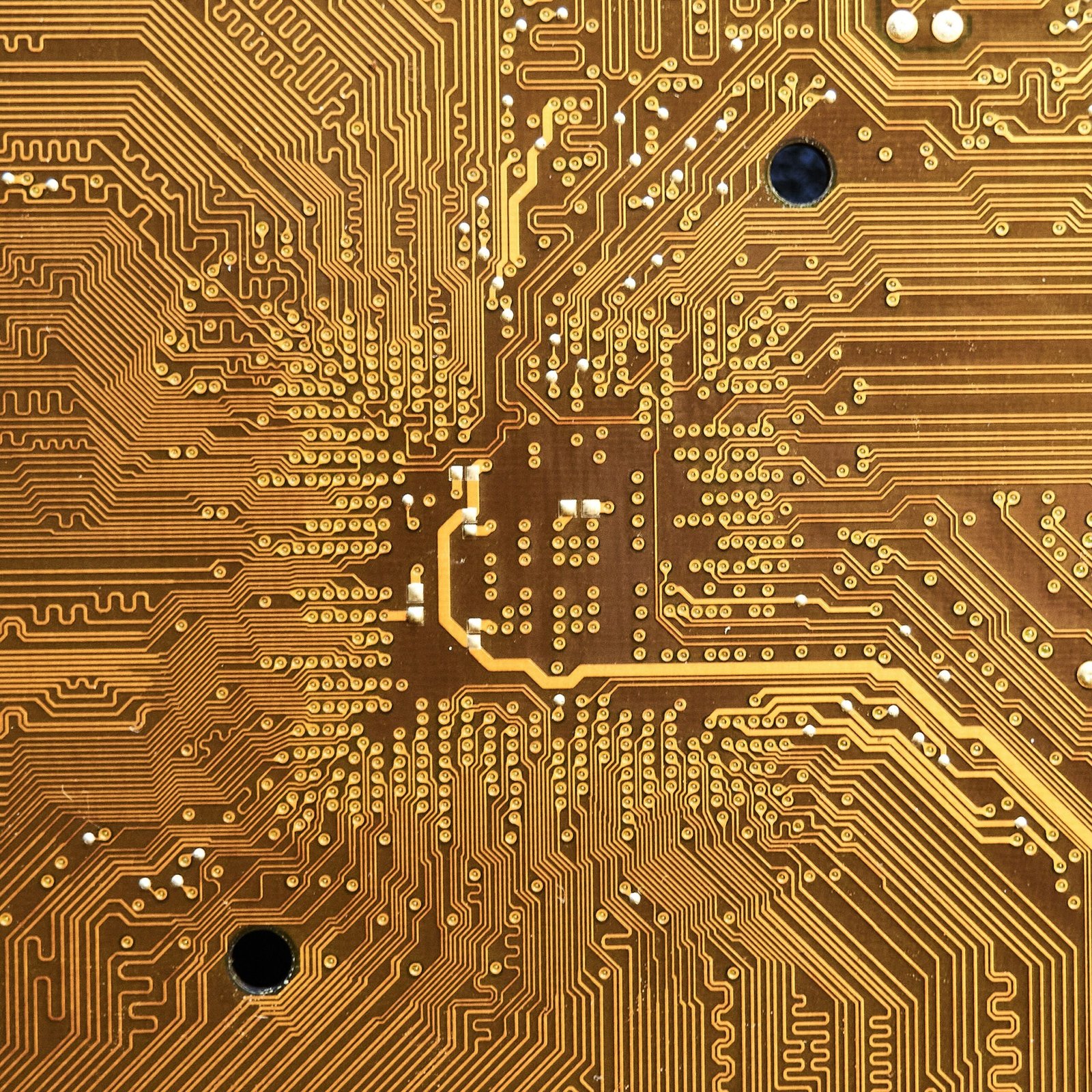Top 20 Quantum Interview Questions and Answers

Introduction
Quantum computing is an emerging field that holds the potential to revolutionize the way we process and analyze information. As the demand for quantum experts continues to grow, it is essential for job seekers to be prepared for quantum-related interview questions. In this blog post, we will explore the top 20 quantum interview questions and provide detailed answers to help you ace your next quantum interview.
1. What is quantum computing?
Quantum computing is a branch of computer science that utilizes the principles of quantum mechanics to process and store information. Unlike classical computers that use bits, quantum computers use quantum bits or qubits, which can represent multiple states simultaneously thanks to a phenomenon known as superposition.
2. What is superposition?
Superposition is a fundamental principle of quantum mechanics that allows qubits to exist in multiple states simultaneously. This means that a qubit can represent both 0 and 1 at the same time, enabling quantum computers to perform complex calculations more efficiently.
3. What is entanglement?
Entanglement is another key concept in quantum mechanics. It refers to the phenomenon where two or more qubits become correlated in such a way that the state of one qubit is dependent on the state of the other, regardless of the distance between them. Entanglement enables quantum computers to perform certain calculations much faster than classical computers.
4. What are the potential applications of quantum computing?
Quantum computing has the potential to revolutionize various industries, including cryptography, drug discovery, optimization problems, and machine learning. It can significantly enhance the speed and accuracy of complex calculations, leading to breakthroughs in fields that rely heavily on data processing and analysis.
5. What are the challenges in building a practical quantum computer?
Building a practical quantum computer is a complex task due to several challenges, including decoherence, error correction, and scalability. Decoherence refers to the loss of quantum information due to interactions with the environment, while error correction aims to mitigate errors that occur during quantum computations. Scalability is another challenge as quantum systems need to be able to perform calculations with a large number of qubits to solve real-world problems.
6. What is the difference between quantum annealing and gate-based quantum computing?
Quantum annealing and gate-based quantum computing are two different approaches to quantum computing. Quantum annealing focuses on finding the lowest energy state of a system, making it suitable for optimization problems. Gate-based quantum computing, on the other hand, uses quantum gates to manipulate qubits and perform various operations, allowing for more general-purpose computations.
7. What is the role of quantum algorithms in quantum computing?
Quantum algorithms are specifically designed to run on quantum computers and take advantage of their unique properties. These algorithms exploit superposition, entanglement, and interference to solve problems more efficiently than classical algorithms. Examples of quantum algorithms include Shor’s algorithm for factoring large numbers and Grover’s algorithm for searching unsorted databases.
8. How does quantum cryptography work?
Quantum cryptography uses the principles of quantum mechanics to secure communication channels. It relies on the properties of qubits to ensure the confidentiality and integrity of transmitted data. Quantum key distribution (QKD) is a commonly used quantum cryptography protocol that allows two parties to establish a shared encryption key without the risk of interception or tampering.
9. What is the significance of quantum error correction?
Quantum error correction is crucial for building reliable quantum computers. Due to the fragile nature of qubits, errors can occur during quantum computations. Quantum error correction techniques aim to detect and correct these errors, ensuring the accuracy of the final result. Without error correction, the performance of quantum computers would be severely limited.
10. How do quantum computers factor large numbers efficiently?
Shor’s algorithm is a quantum algorithm that can factor large numbers exponentially faster than classical algorithms. It utilizes the quantum properties of superposition and entanglement to find the prime factors of a given number. Factoring large numbers efficiently is of great importance in cryptography, as many encryption algorithms rely on the difficulty of factoring large numbers.
Conclusion
As quantum computing continues to advance, the demand for skilled quantum professionals is on the rise. By familiarizing yourself with these top 20 quantum interview questions and their answers, you will be better prepared to showcase your knowledge and expertise during your next quantum-related job interview. Remember to stay updated with the latest developments in the field and keep honing your skills to stay ahead in this exciting and rapidly evolving field.
